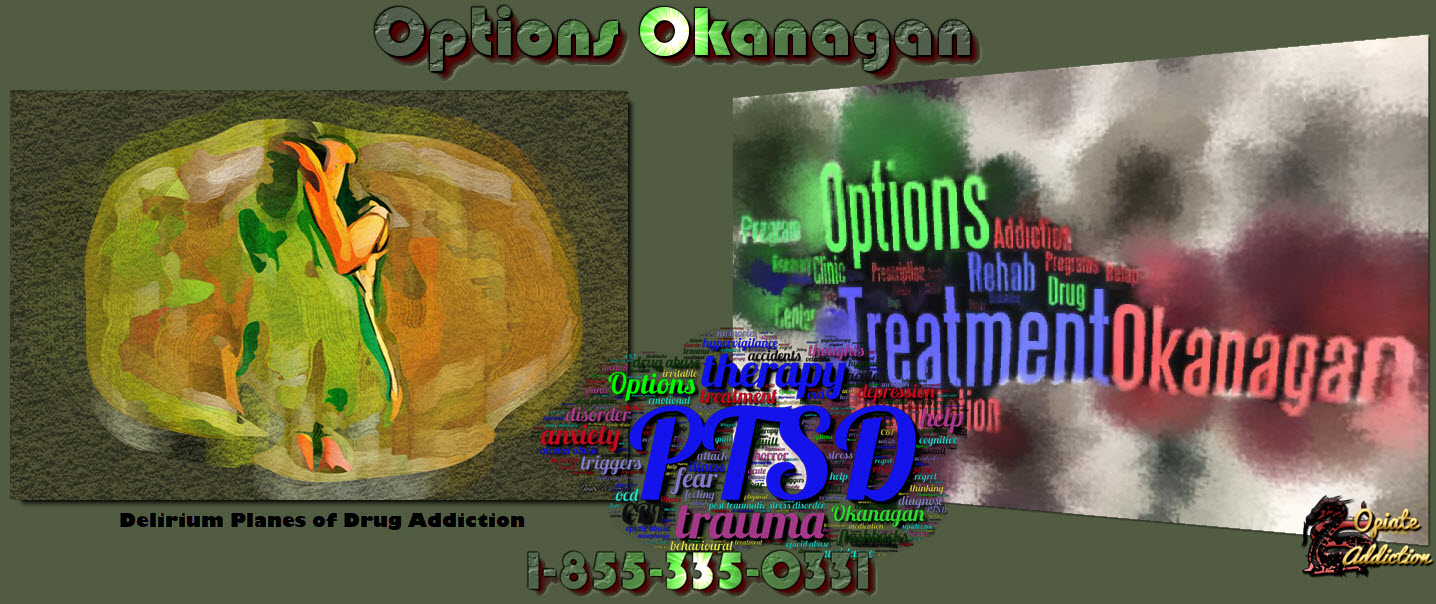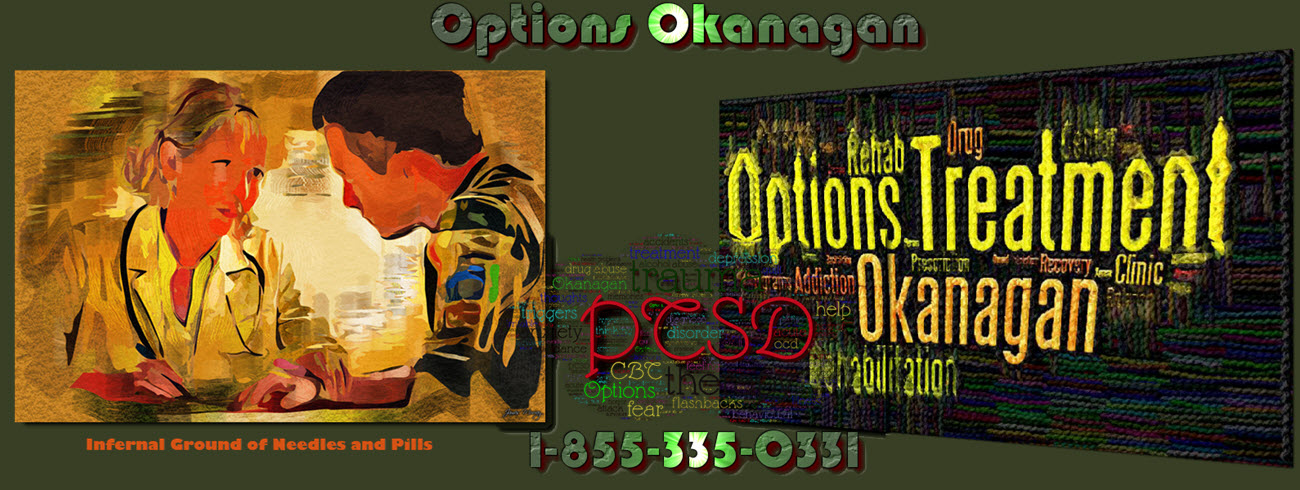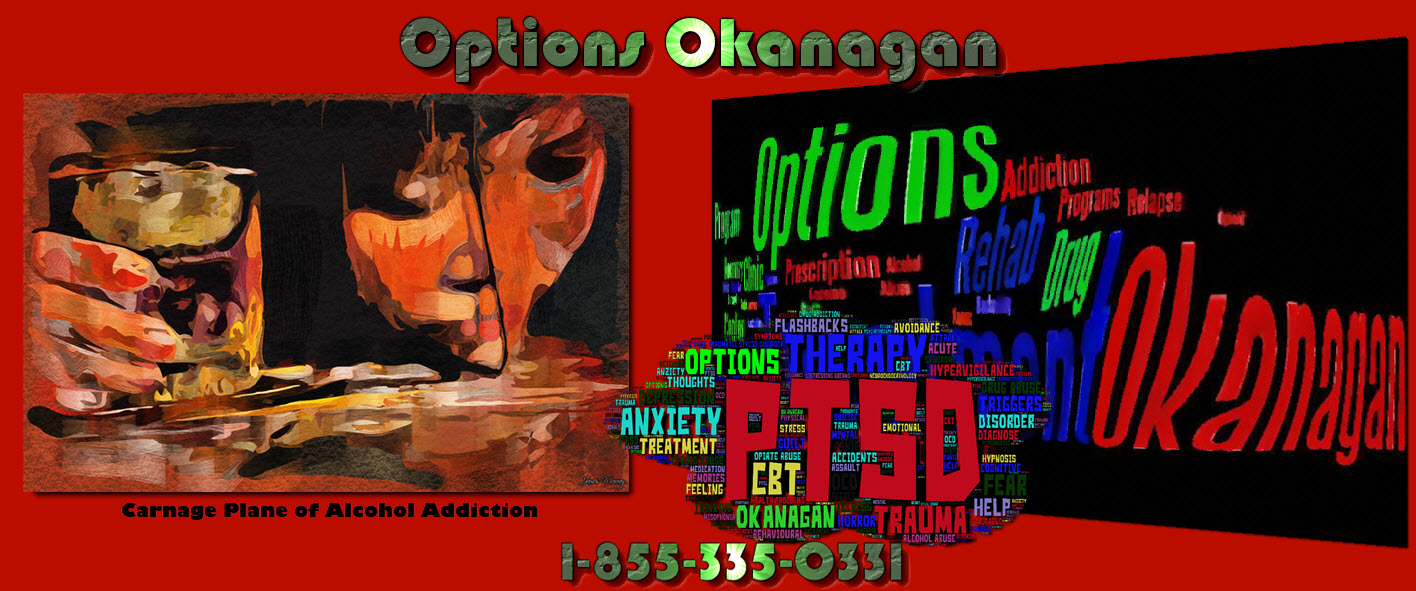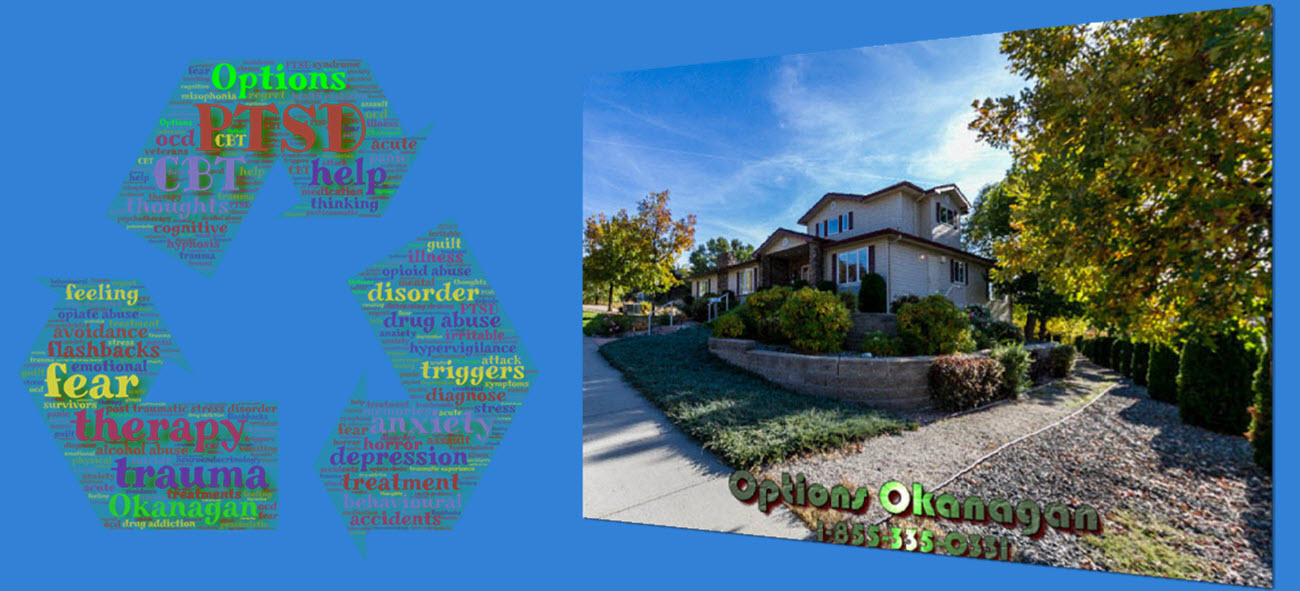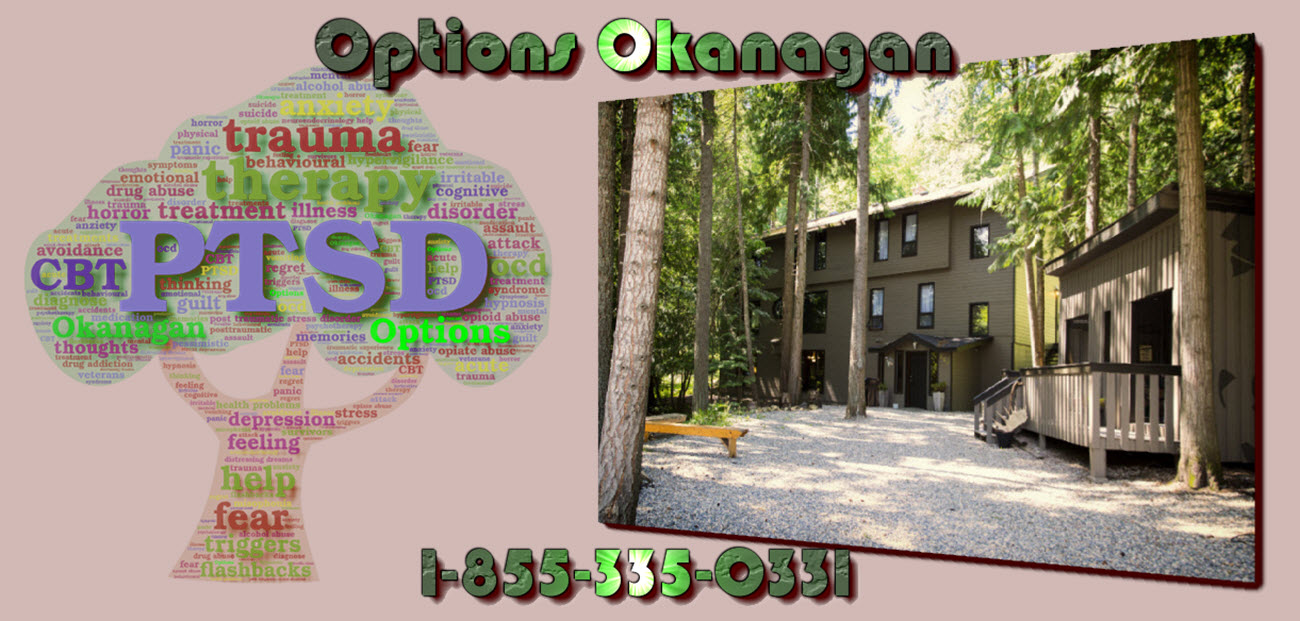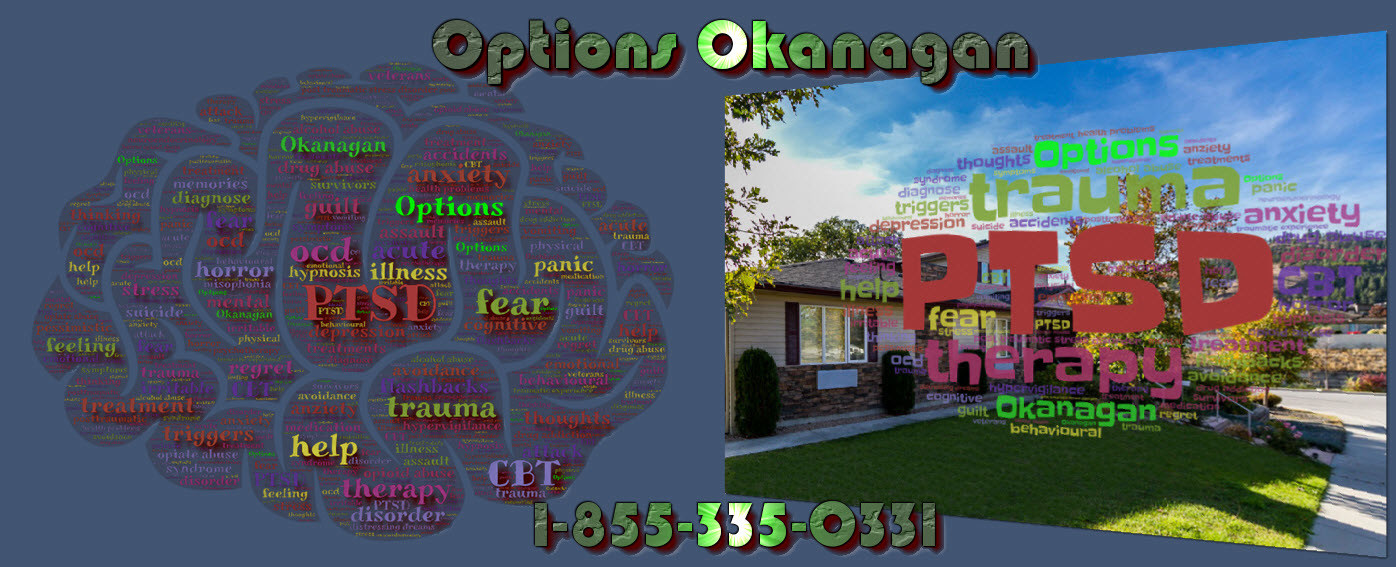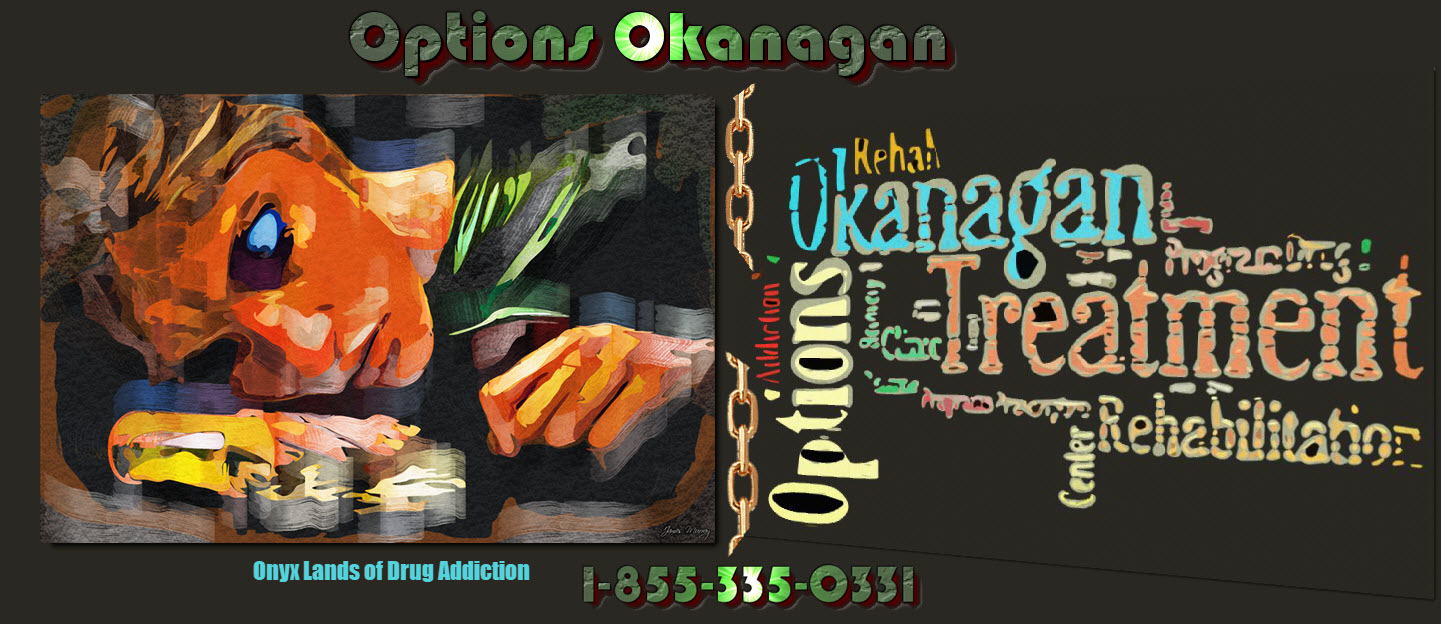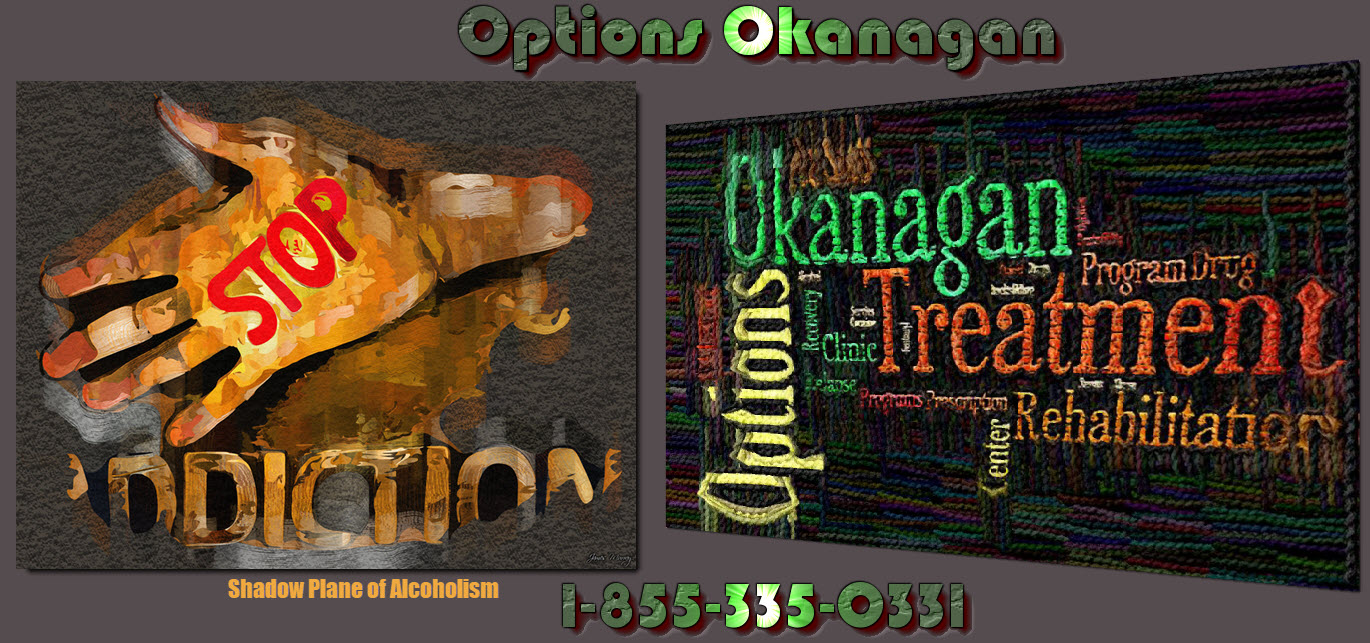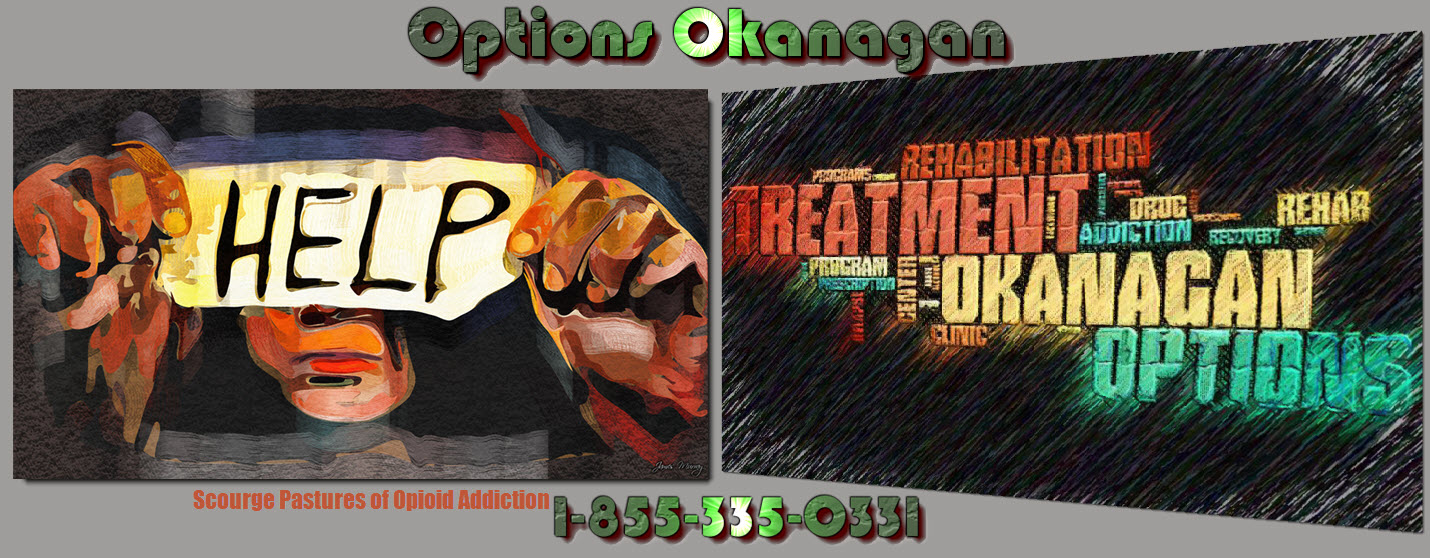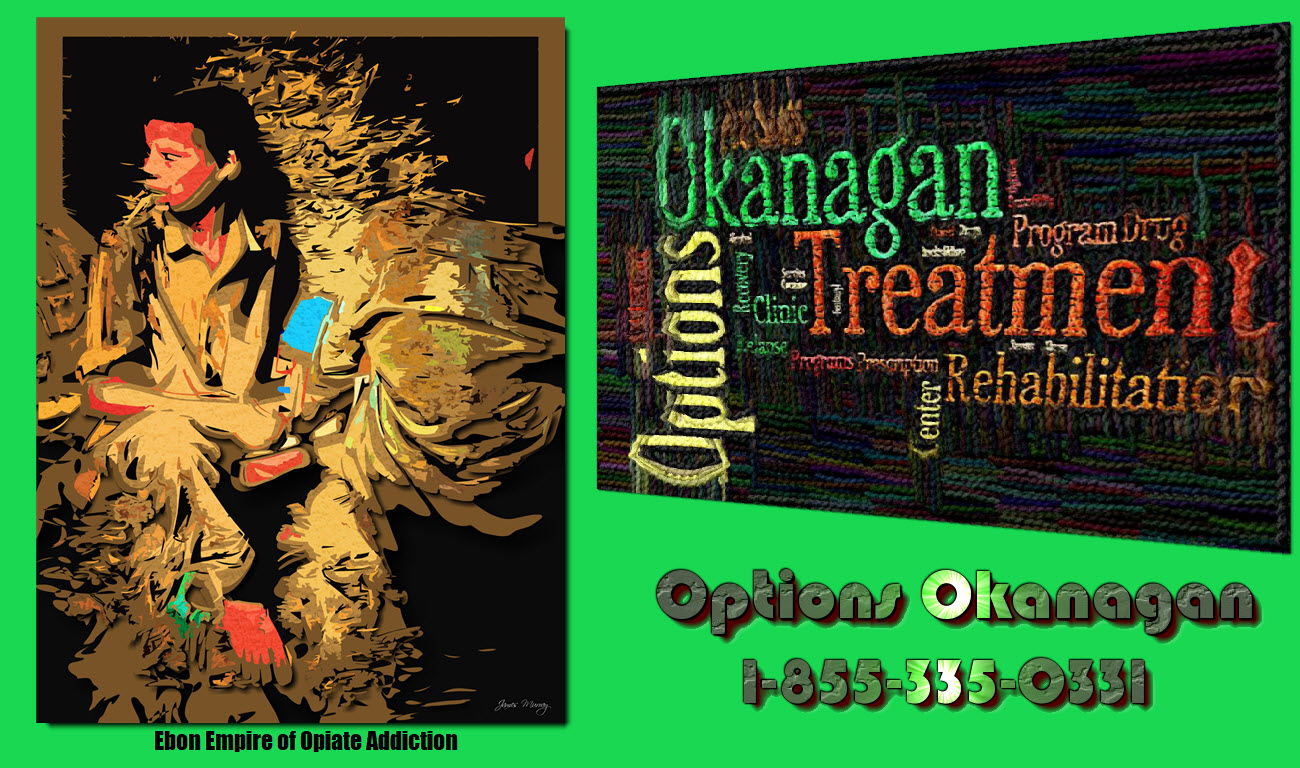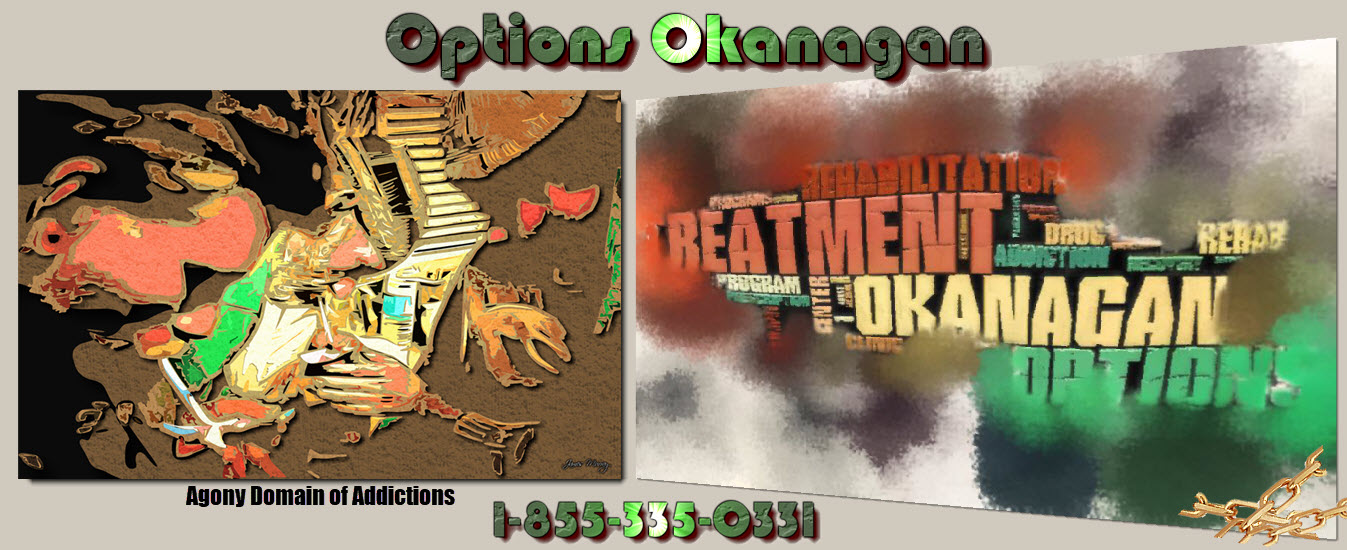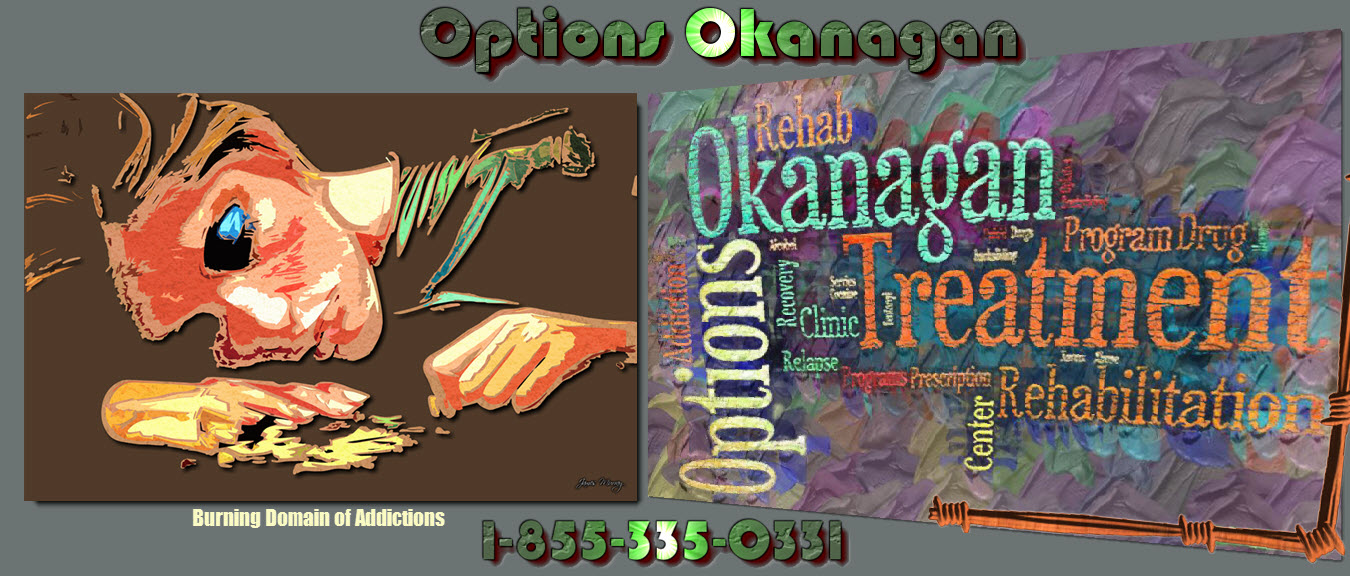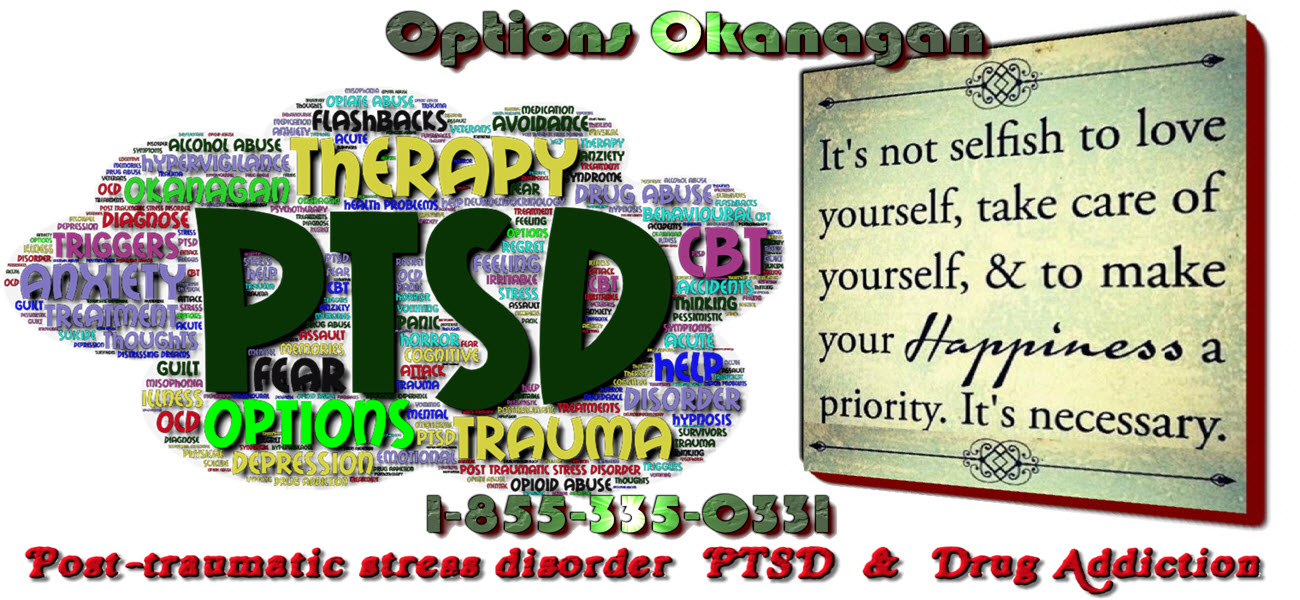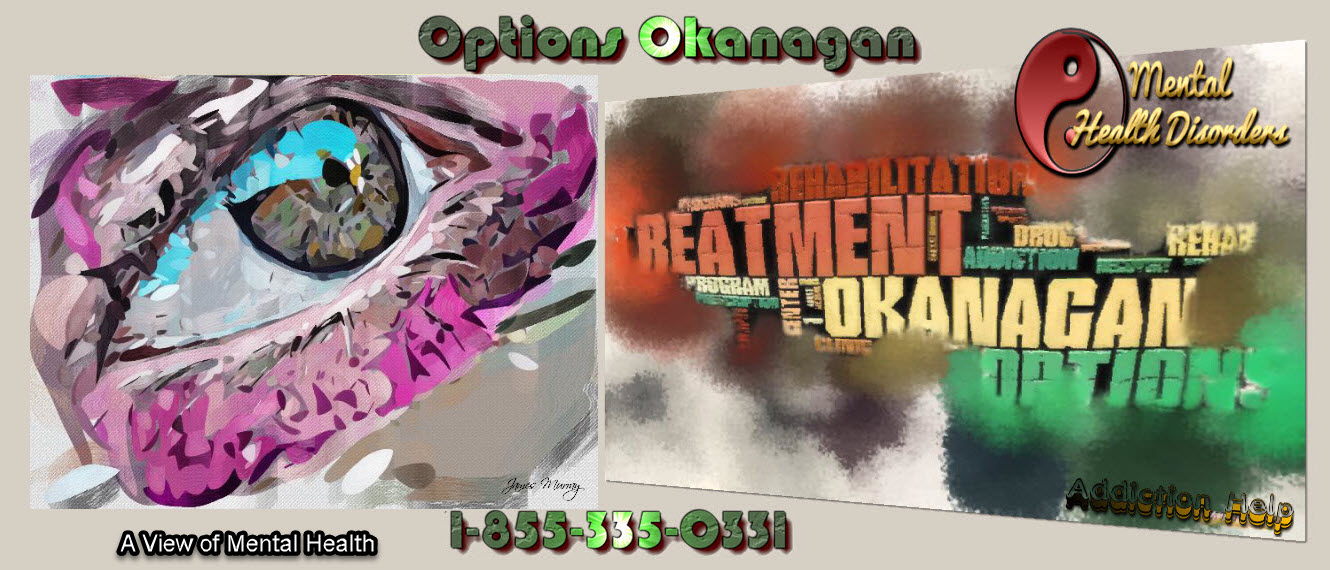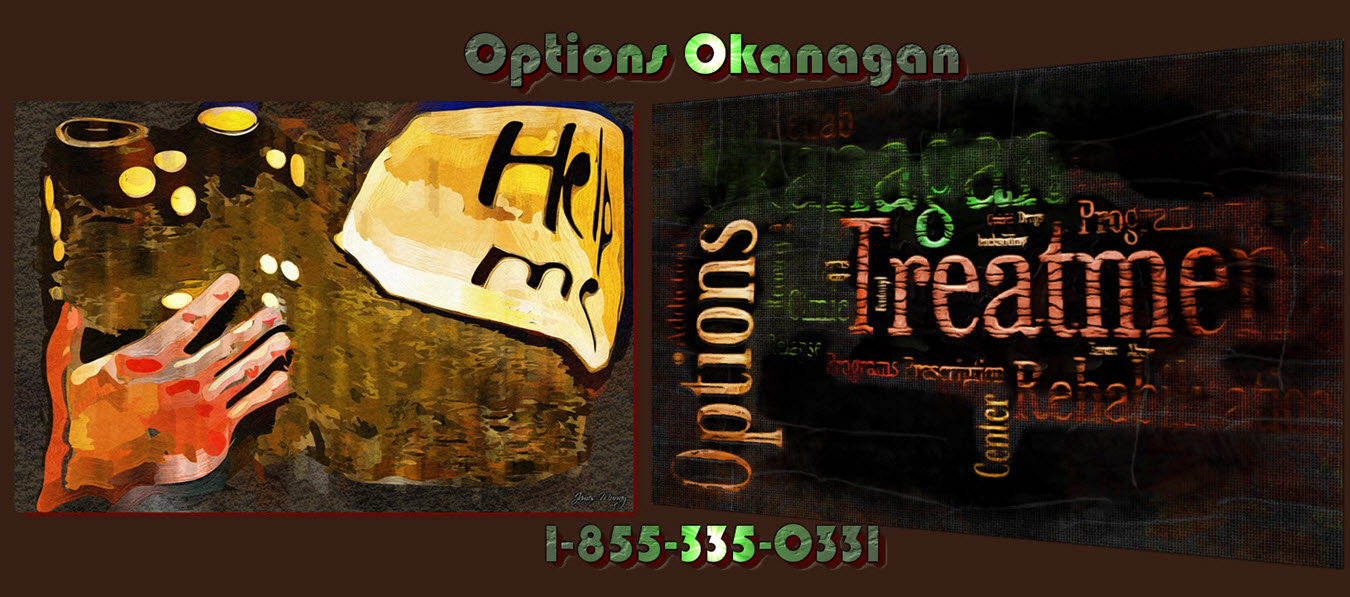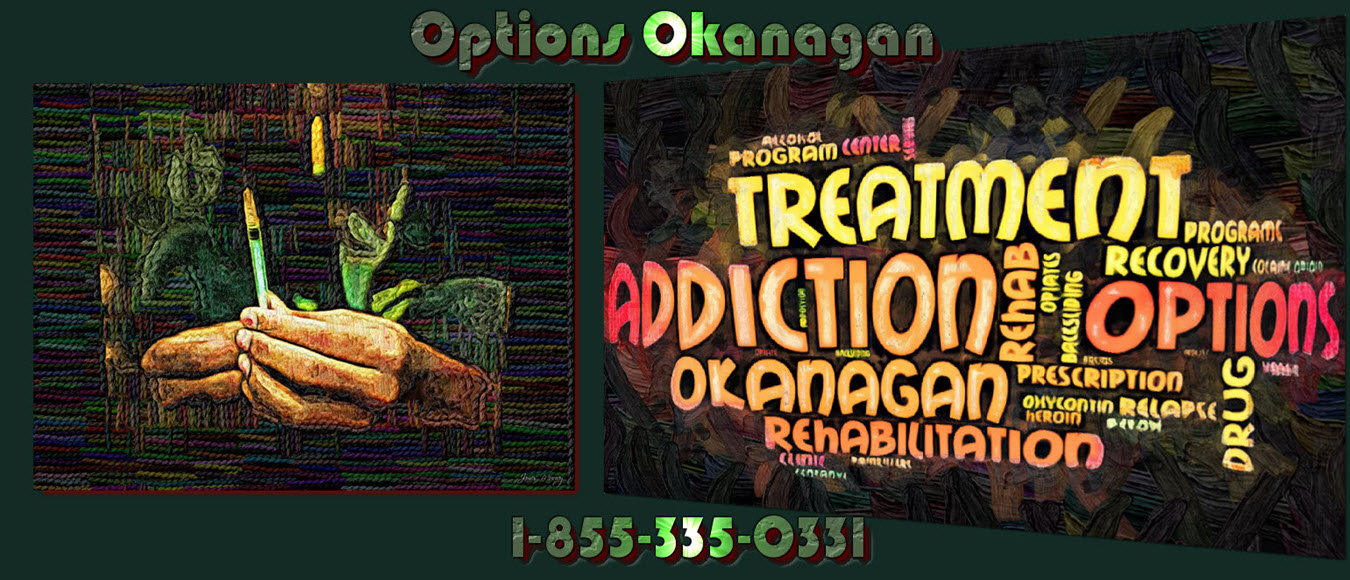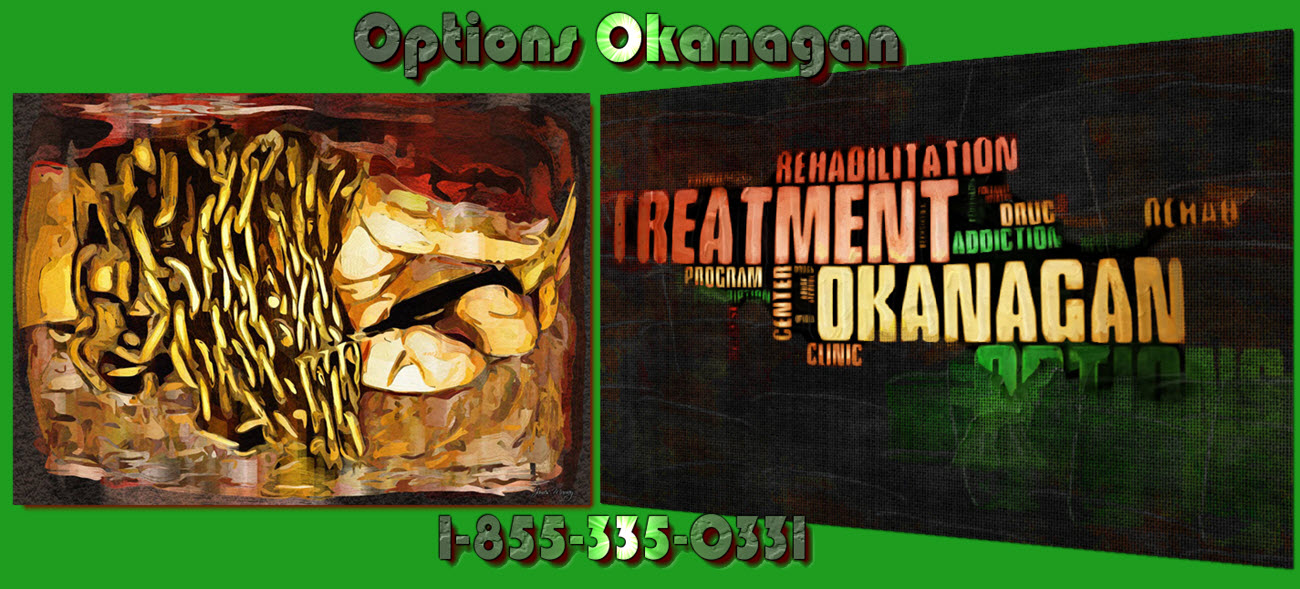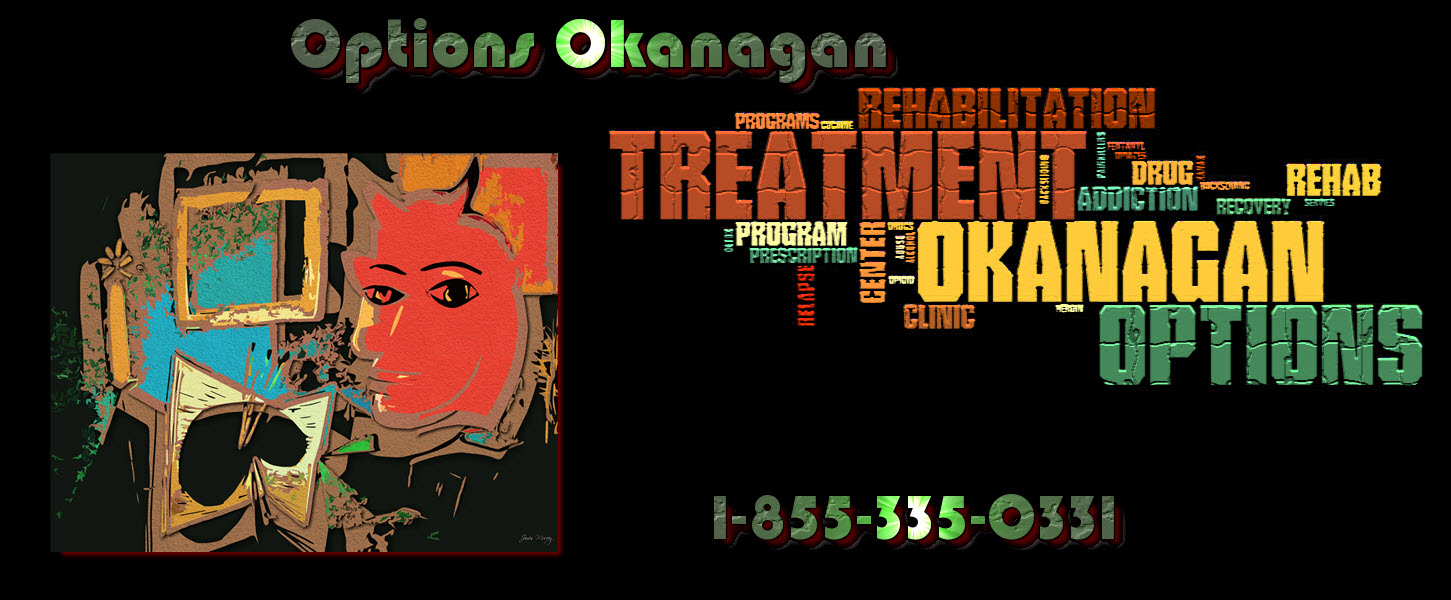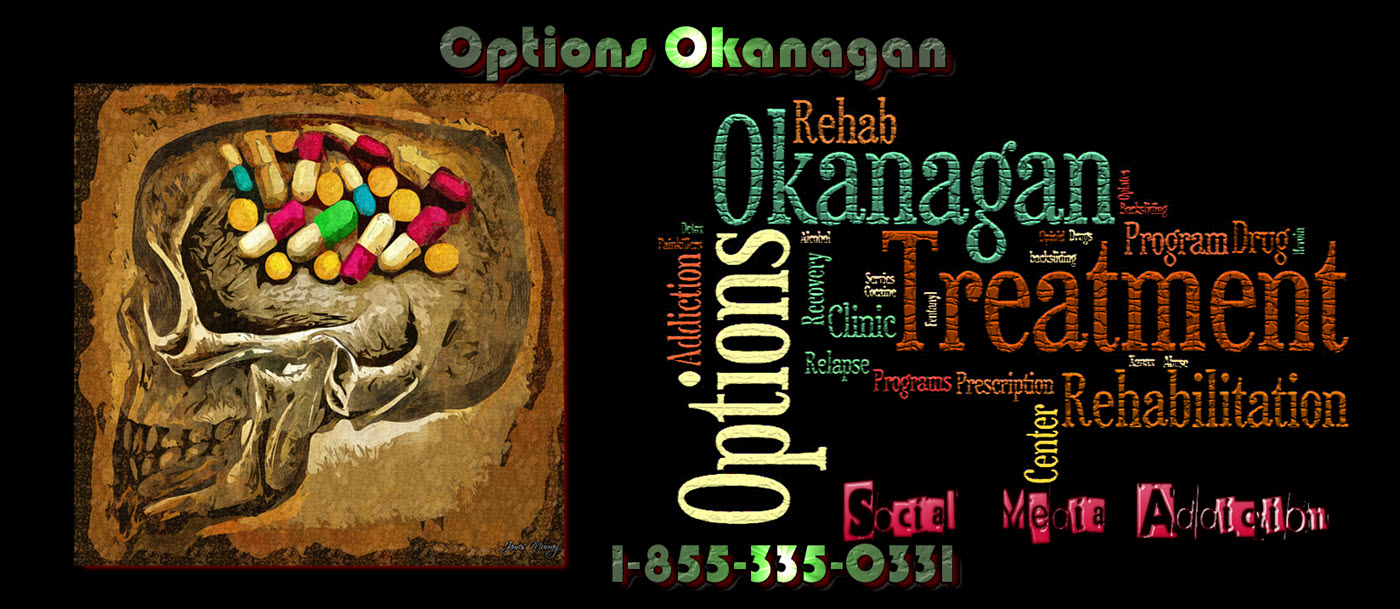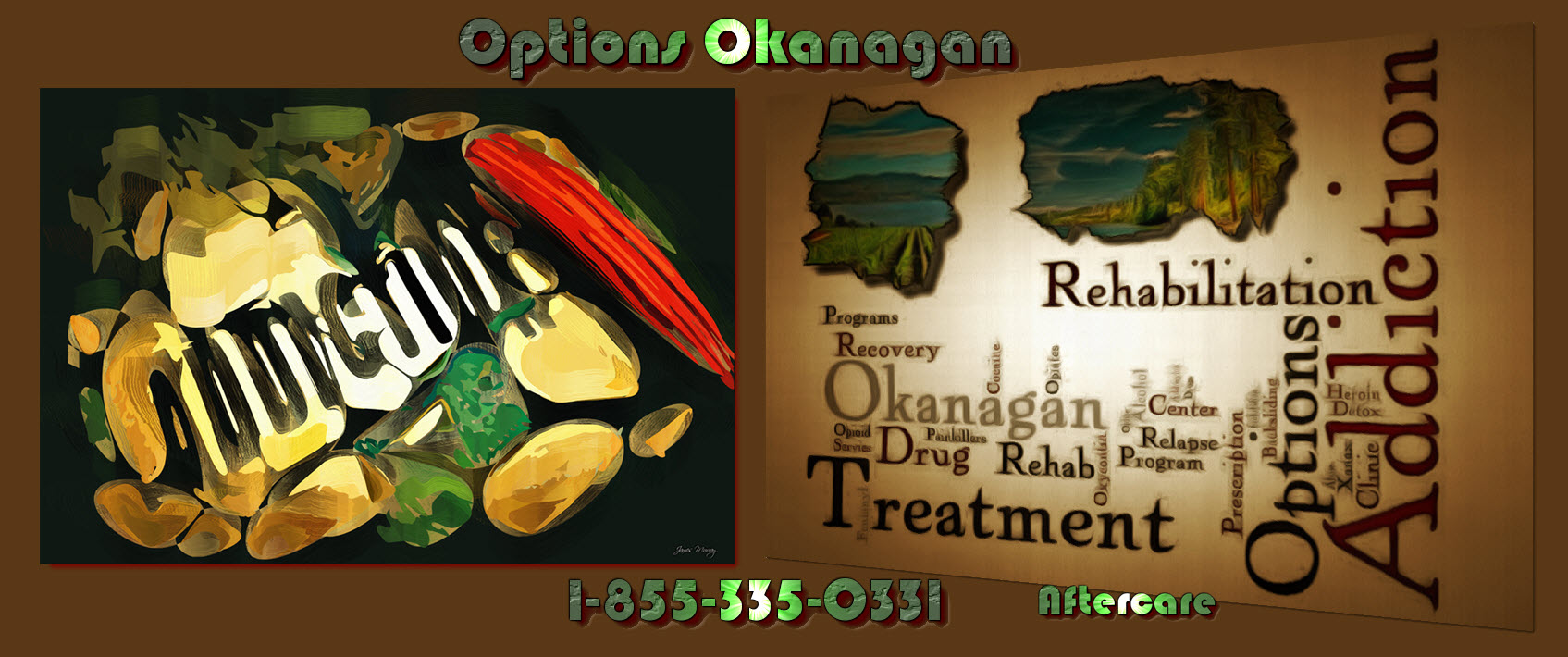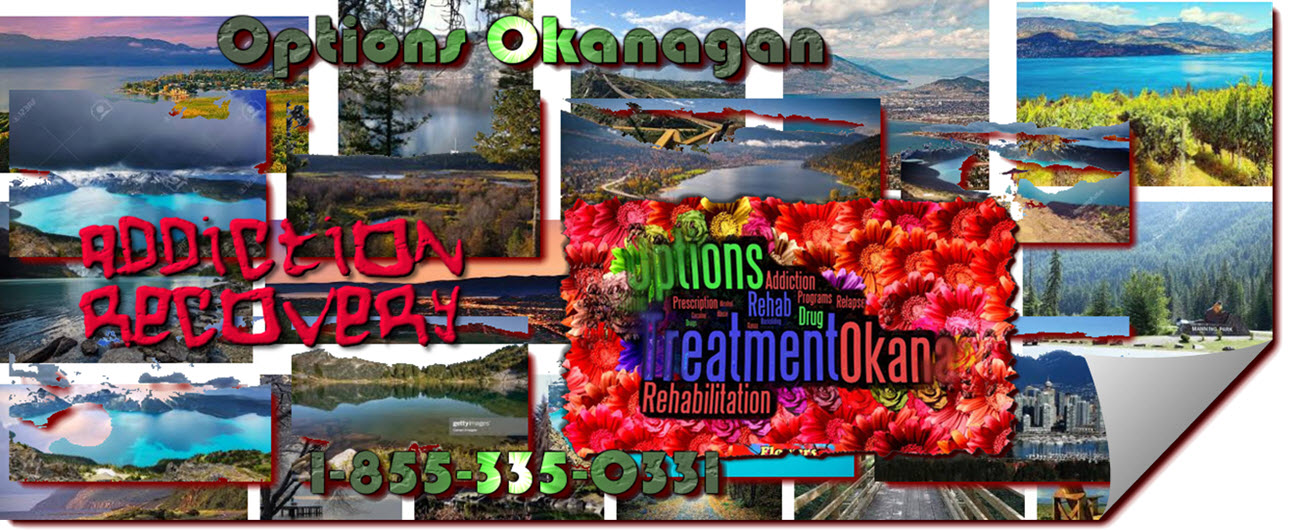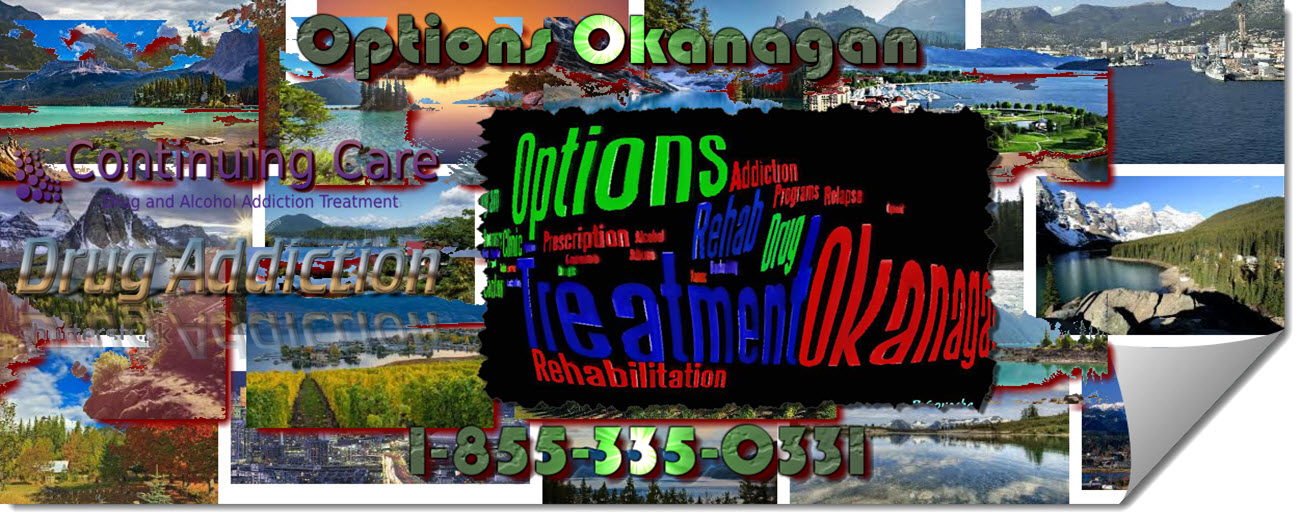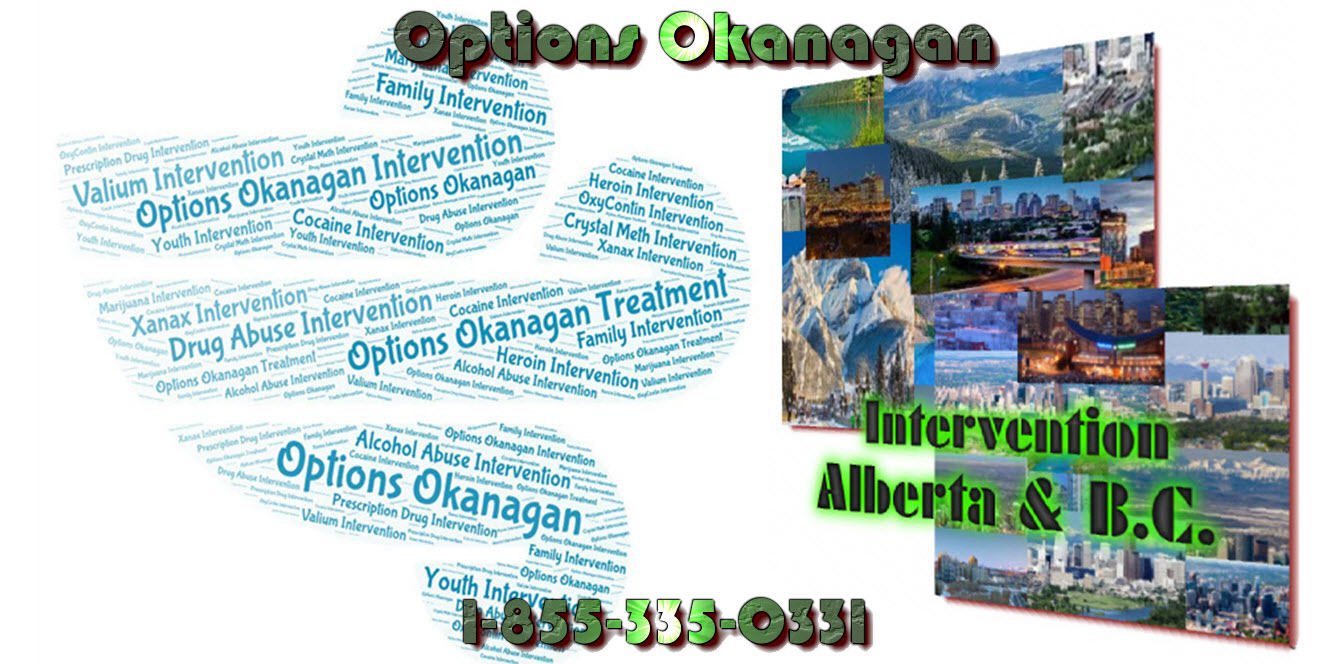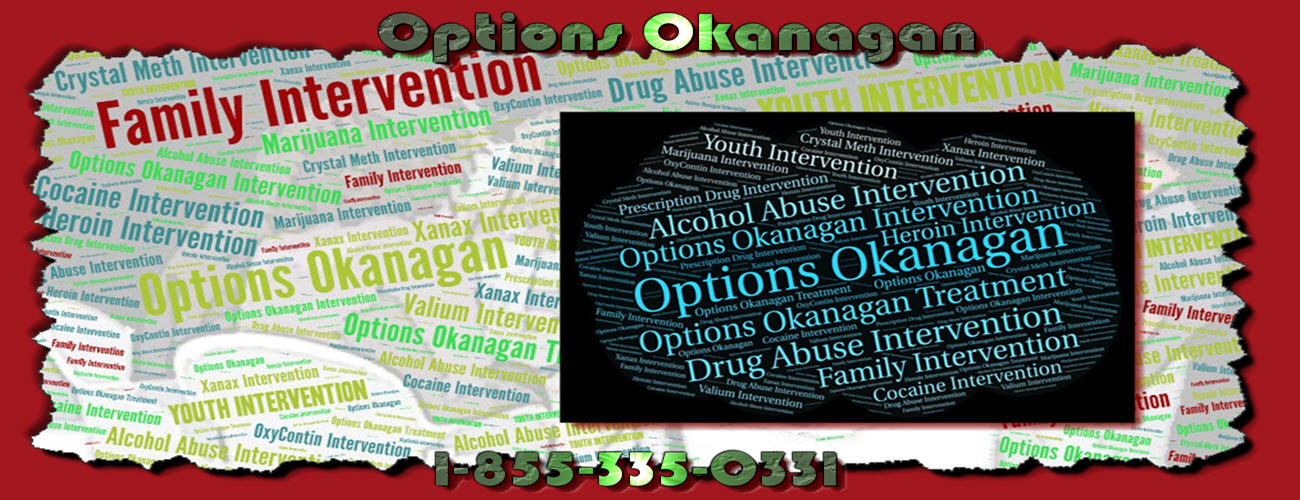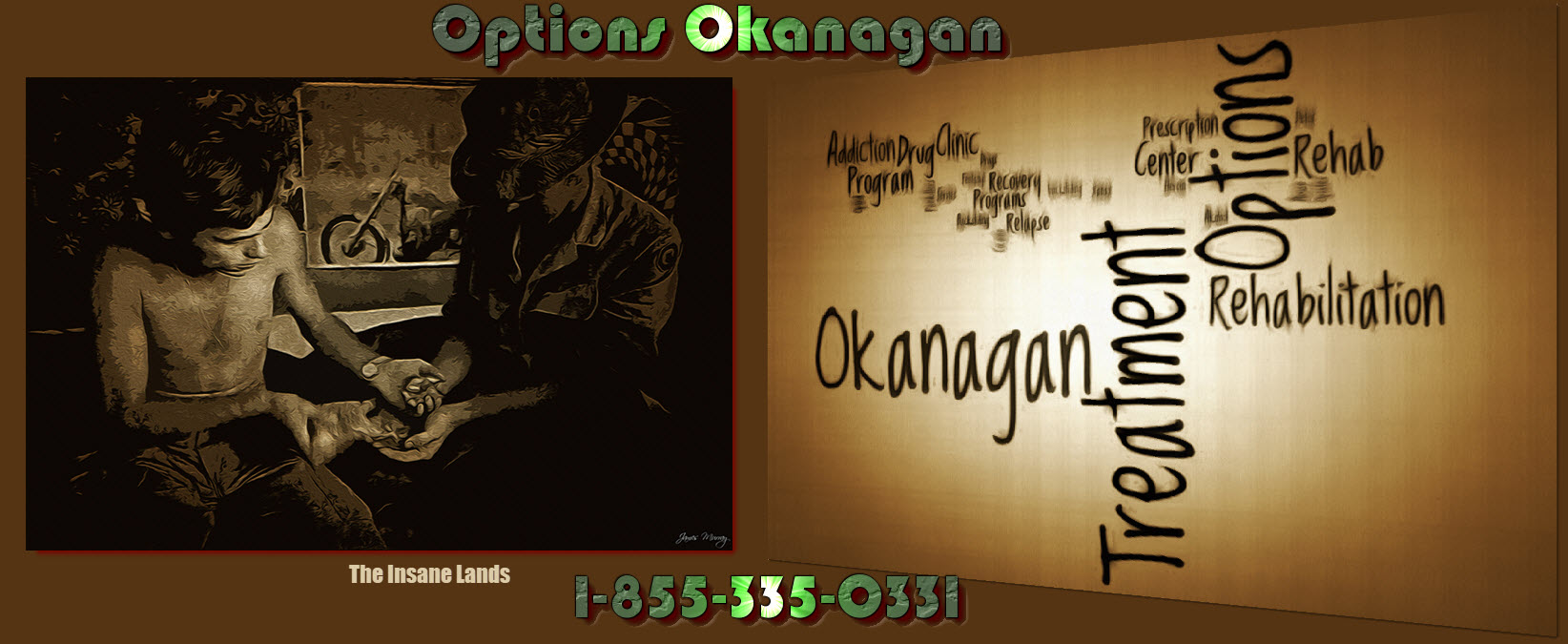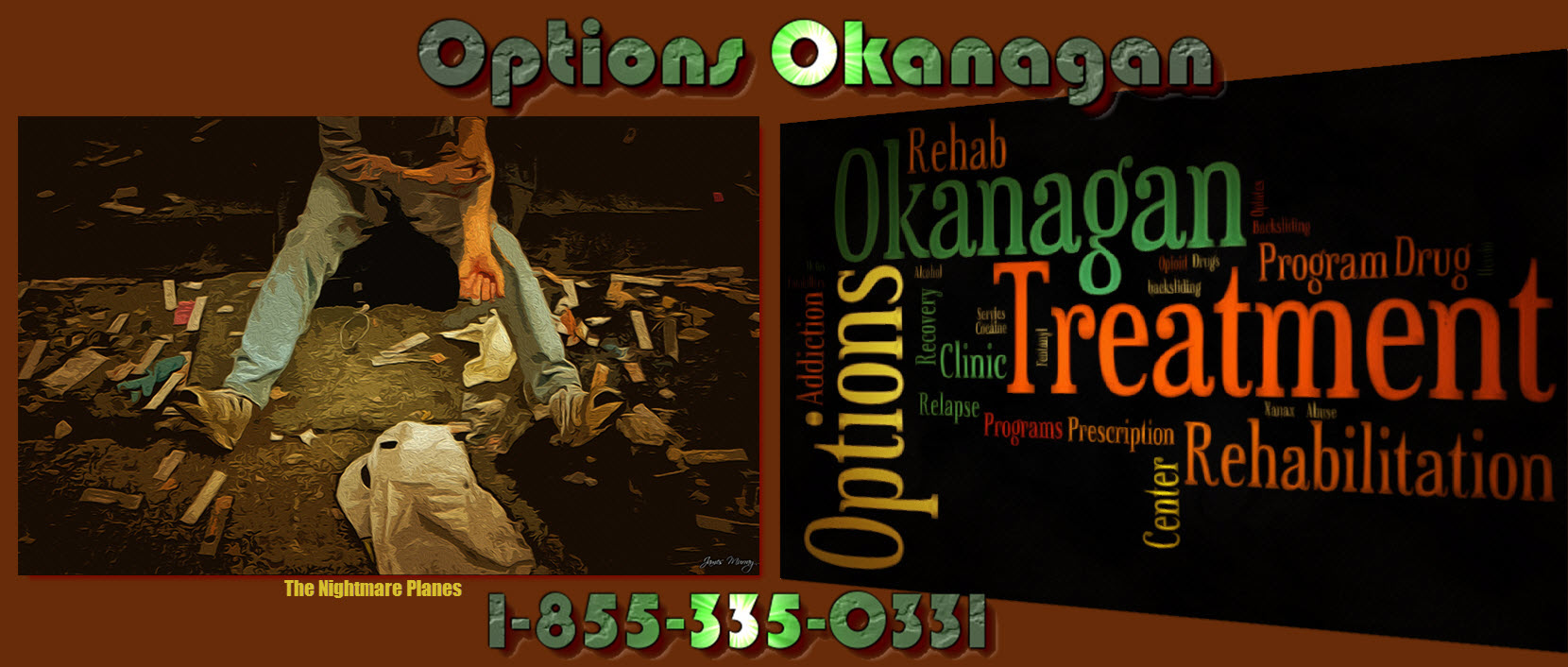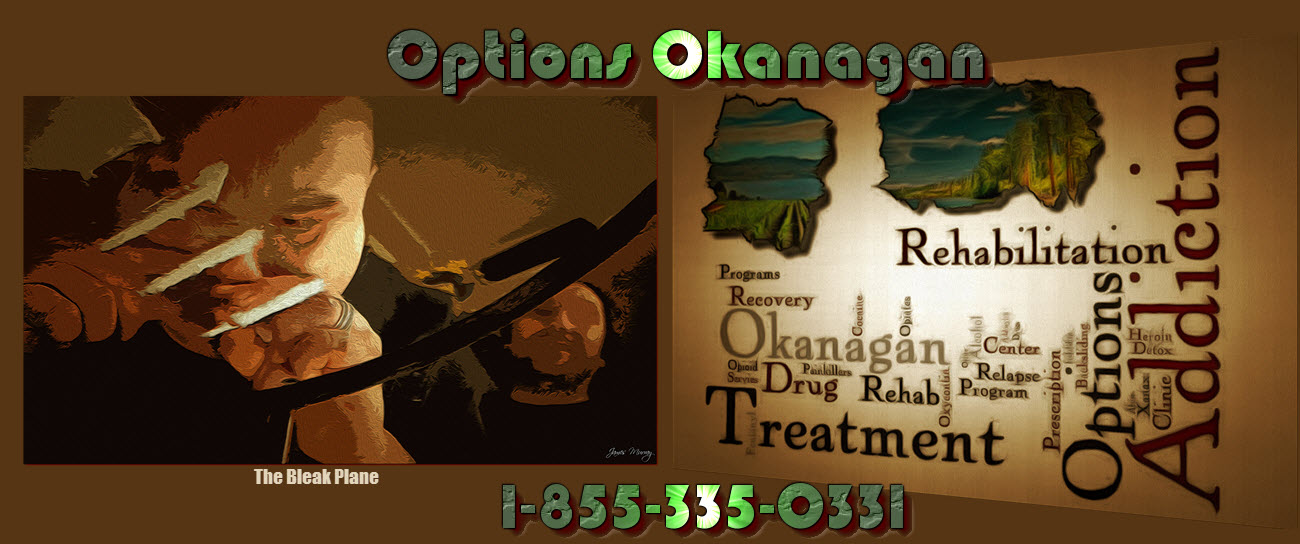Tips on Taking Care of Mental, Psychological Health – Drug Rehab Programs for recovering addicts in British Columbia and Alberta – Options Treatment Center in Kelowna, British Columbia treating drug, opioid, opiate, fentanyl, heroin, and alcohol addiction and recovery.
Drug Rehab In Alberta And BC
Mental, psychological health problems affect almost 20 percent of the population. This data can be worrying because 60 percent of people diagnosed with psychiatric disorders are not treated. While mental disorders are sometimes caused by chemical imbalances in the brain, some are caused by experiences individuals have to deal with, such as the death of a loved one or another tragic or traumatic experience. Therefore the aim is to maintain good or positive mental health, where an individual can control their life and face any situation that is in their way. Here are some mental health care tips.
Be happy, not sad. That sounds good but unclear, and there are many things a person can do to be this way.
Stay positive and optimistic, and always try to see the good side of life.
So how can an individual do this? A person needs first to learn how to balance their time. Take time to rest after a hard day or week at the workplace. Do something good with their friends or their family. This can be a hobby, a sport, or just an activity. Individuals not only have to balance their time, but they also need to manage their time well. To minimize stress, plan and stick to what an individual will do.
Tolerance towards other people. People are all different in so many ways, and a person must learn to accept each other’s ideas and opinions, even though they are different from themselves.
Learn to accept the failings, flaws, weaknesses of other people. Once an individual learns to accept others, there is little chance of conflict, which can be very stressful and frustrating.
Spend some time with an individual’s family and friends. Find the time to talk with people, even if it does not make any sense. The most important thing is that a person shares their experiences, problems, or concerns with somebody. An individual also needs to learn how to listen to other people’s concerns so these people can feel better. In fact, by doing this, an individual not only helps others but also themselves.
Maintain mental health with a healthy lifestyle by always eating healthy foods.
An individual should exercise regularly, and get a good night’s sleep. Important to stay away from alcohol and drugs, and that includes smoking. Avoid strenuous activities, and take time to rest.
Unfortunately, children and adolescents are affected by depression and other psychiatric disorders. Parents play an important role in children’s mental health. Parents need to learn to communicate with their children while listening to them.
Let the child always feel valued in a parent’s relationships, and know their strengths instead of focusing on their weaknesses.
Children’s coping skills also need to be developed, and when a child makes mistakes, explain carefully to them so they can learn from these mistakes. This enables a child to develop their sense of responsibility which will allow them to solve problems and make decisions. Teach them the importance of self-worth and discipline, without making a child feel unloved or unworthy.
Acceptance comes with love, respect and a lot more, so finally, accept the child as who and what they are.
The key to mental, psychological health and wellness is to be happy and in control of one’s life. Once an individual knows how to control, they can face any situation that confronts them. Being happy and positive is not just a one-time event, it is a way of life. Try always to be positive, and learn to find joy in small miracles in one’s life, and be grateful for every single beautiful day.
Options Okanagan Opiate and Alcohol Treatment Centers in Kelowna, Salmon Arm and Vancouver, British Columbia – Men and Women are recovering and healing from Alcohol and Drug Abuse at our treatment center here in the Okanagan right now.
Our unique and distinctive Opiate Drug and Alcohol treatment program allow men and women to come in from Calgary as well as Edmonton as we offer airport pickup.
Numerous clients come to us from Vancouver, Calgary, and Edmonton and other locations in Alberta and even other provinces for Opiate addiction treatment, heroin drug treatment, many other drug and alcohol addictions for rehabilitation because of the uniqueness of our treatment center.
Our (Kelowna ) Alcohol and Drug Treatment Program Location:
(Not Mailing Address) Contact Us – Web Page
For Mail Delivery :: Please contact each center for correct mailing addresses, also this location is the location of our residential treatment programs in Kelowna. Please call Toll Free 1-855-335-0331 to contact the treatment center you are going to for the address and directions.
Options Okanagan Drug and Opiate Treatment Center
551 Sherrydale Crescent, Kelowna, British Columbia, V1V 2E6
Toll-Free Phone Number: 1-855-335-0331

